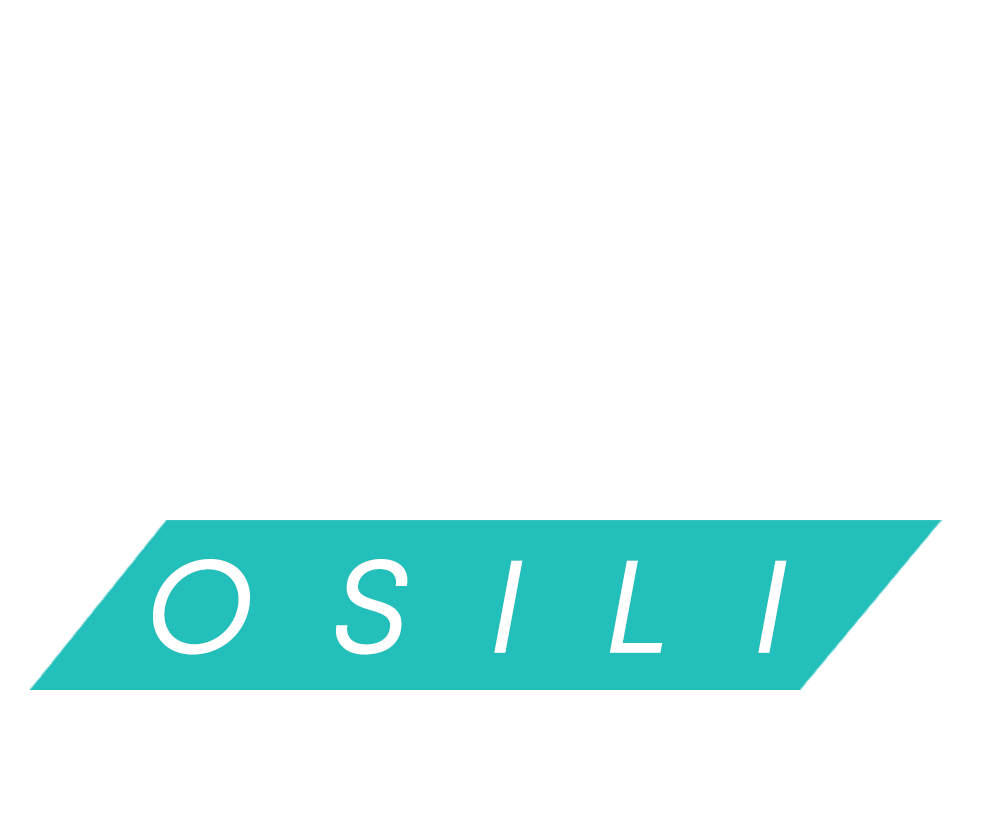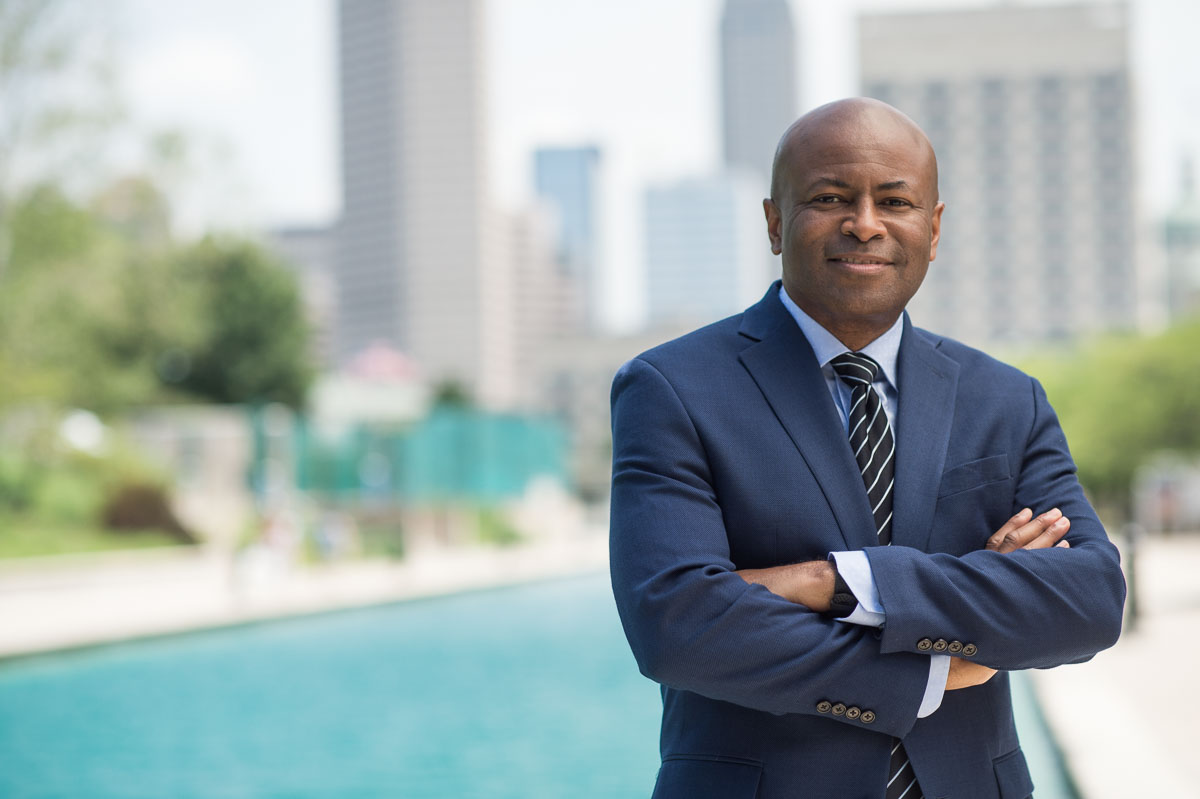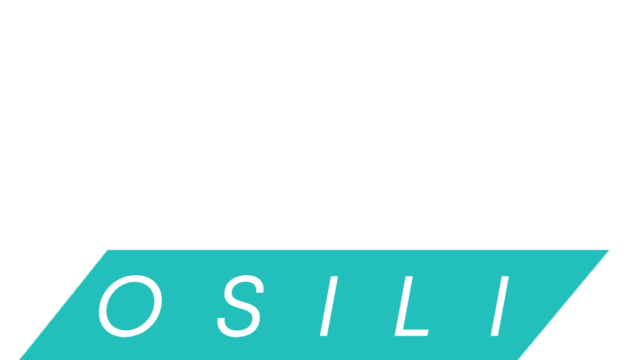In February 2020, the Indianapolis City-County Council unanimously adopted a special resolution directing city and county departments and other agencies to use “all available tools to assist in the elimination of racial and social disparities in Indianapolis and to promote equity within the City-County workplace and in delivery of City-County services.” The resolution was signed by Mayor Joe Hogsett, Prosecutor Ryan Mears, Sheriff Kerry Forestal, County Auditor Julie Voorhies, Assessor Joseph O’Connor, Treasurer Claudia Fuentes, Clerk Myla Eldridge, and Recorder Kate Sweeney Bell to offer a statement in support.
Just weeks after the resolution passed, the world around us shut down due to COVID-19. Barely 60 days later, George Floyd was murdered. As Langston Hughes so presciently wrote in 1951, dreams, too long deferred, finally exploded into global calls for change.
Of course, Black people have been calling for racial equity — and calling out racial inequities — for centuries. The crises of the pandemic and the excruciating events that followed the murder of George Floyd became a crucible through which much of America began to see, at last, the festering realities of structural and systemic racism which had long been decried.
Across the country commitments to change soon followed. City and state governments, corporations, anchor institutions, professional sports teams and many others articulated commitments to dismantle systemic racism in policy and practice.
Here in Indianapolis, a large group of corporate and community partners signed on to the Indy Racial Equity Pledge, committing themselves to “meaningful action to address the issues of racial equity and justice in Central Indiana” and to publicly share their progress on those commitments. Anthem, for example, vowed to leverage “our role as a national health leader to address factors driving racial and health disparities in our healthcare system and society” and backed up that commitment with a pledge of $50 million over the next five years to address those issues across the country, starting with Indiana. Pacers Sports & Entertainment announced a majority of all philanthropic dollars spent annually will fund solutions to racial equity and social justice issues. In November 2020, Gov. Eric Holcomb named Karrah Herring Indiana’s first chief equity, inclusion and opportunity officer.
In August 2020, the council held the city’s first-ever annual budget hearings requiring all agencies to explain how their funding requests would impact racial equity in our community. Every city and county department was tasked with answering a series of equity-centered questions on programs, policies, hiring, spending and data that allowed the council to analyze budget proposals not only for fiscal soundness, but on the degree to which equity was integrated as a top priority. The same process is being followed in this year’s budget hearings, and in the lead-up to it.
Depending on your perspective, these commitments and others like them offer many reasons to be optimistic — or many opportunities to be disappointed, yet again.
I’m choosing optimism. In my career as an architect, I’ve seen communities devastated by natural disasters strengthen and improve building codes so new construction better withstands challenges. We have the opportunity now to rebuild our community following the social and economic impacts of the past year, with equity as our new and stronger building code.
As with any new code, accountability will either be key to our success, or central to our failure. It’s incumbent upon all of us as residents of Indianapolis to hold our local institutions — including the city-county council — accountable for the promises made.
My pledge to you, readers, is to use my role as president of the council and my space in this column to do just that. To continue talking about this until we’ve cleared a path to dispassionate, clear-eyed, consistent inclusion of equity in all discussions and decisions. Because down that path lies the road to real change.
It has cost us all far too much to get here to turn back now.



